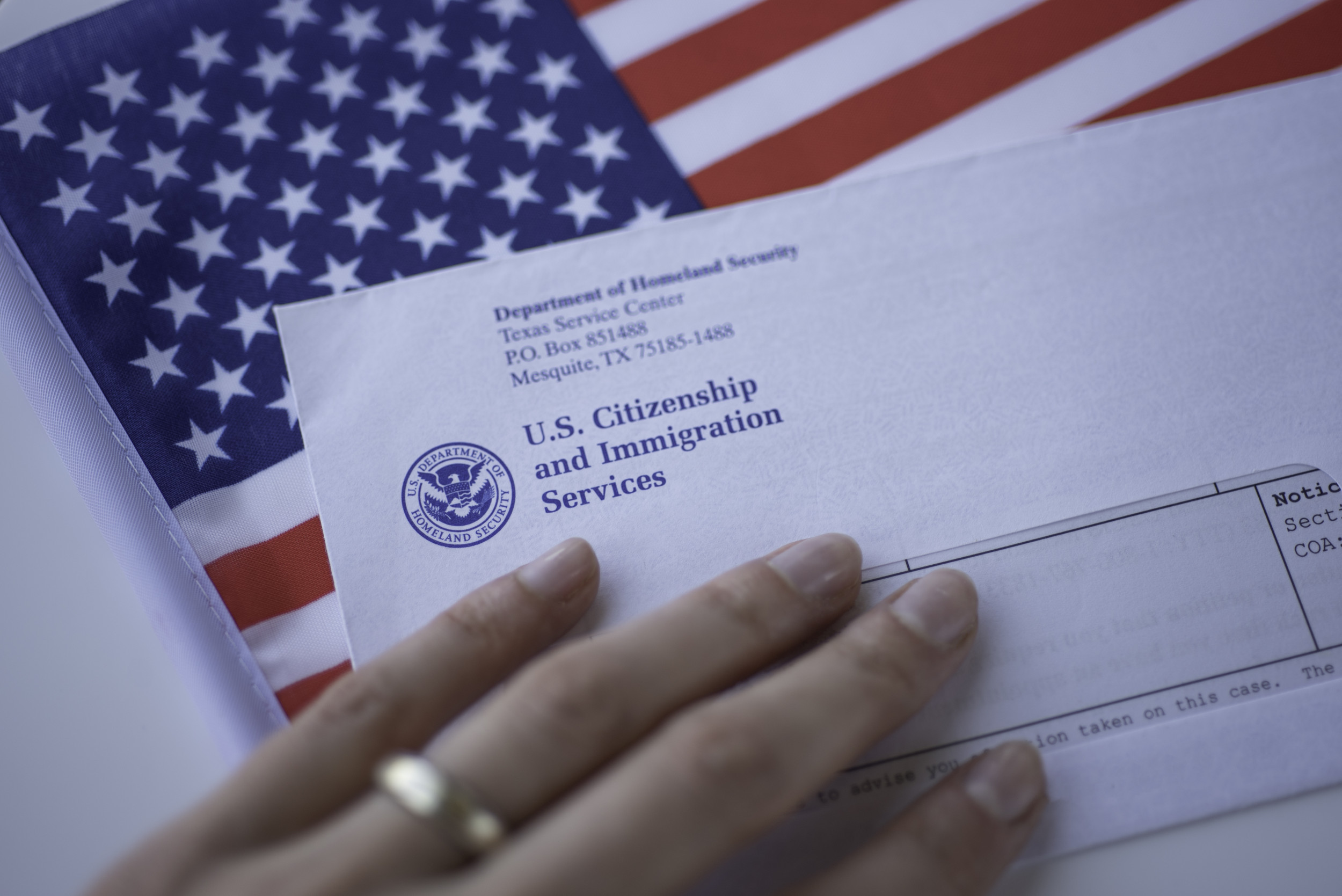Anew interpretation of immigration law has upended protections for children of long-waiting green card applicants, putting some 200,000 young people—many of whom have spent their entire lives in the U.S.—at risk of losing their legal status once they turn 21.
The change to the Child Status Protection Act (CSPA) undoes a Biden-era policy that had shielded thousands of children from “aging out” of green card eligibility, and represents a seismic alteration for children on immigrant families holding H-1B visas.
Why It Matters
The rollback isn’t just a technical tweak to visa calculations—it could decide whether thousands of children stay with their families or are forced to leave the only country they’ve ever known.
The impact will fall hardest on families of H-1B visa holders stuck in the green card backlog. About 200,000 children—mostly from India and China—risk “aging out” when they turn 21, losing dependent status and facing a future of student visas, self-deportation, or exile. For families who have already waited decades, the change highlights both the fragility of existing protections and the broader failures of America’s immigration system to keep families together.
What To Know
The new U.S. Citizenship and Immigration Services (USCIS) rule officially took effect on August 15. From that date forward, only the Final Action Dates chart from the Visa Bulletin will determine a child’s CSPA age.
Families that submit adjustment of status applications before that date will still be protected under the more flexible February 2023 policy, which allowed children to rely on the earlier “Dates for Filing” chart. Those who wait beyond the deadline risk seeing their children age out much faster under the new calculation system.
In practical terms, families who delay filing until after mid-August may lose the protective cushion that previously gave them more time before their children turned 21.
The New Changes and What They Mean
The 2023 policy let families use the Dates for Filing chart to lock in a child’s CSPA age. This gave families valuable time and allowed more children to remain eligible as dependents, even amid long visa backlogs.
Immigration lawer, Carolyn Lee said: “The 2023 policy was an expansive move by USCIS to allow children to stop aging earlier. That is, to be given a broader avenue to remain under 21. However, this move raised other questions because it did not conform with U.S. State Department’s adoption of the “stop aging” point – or “visa availability.” So, the new policy, while snapping back to the less expansive position, aligns with State’s and eliminates confusion in this regard.”
Lee added: “The real problem is that dependents still can get separated from their parents during the lengthy visa adjudication process. Our immigration laws embrace family unity as a public goal, and so while we’re thankful to have CSPA, when faced with clients who face the very difficult outcome of being separated from their little ones, I do wonder whether we can look at this problem through a different lens and come up with a better solution.”
Advocates praised the 2023 policy as fairer, but critics said it conflicted with the State Department’s rules. With the new policy, USCIS is now reverting to Final Action Dates, aligning policies but narrowing protections. Eligibility will now hinge solely on this, and the change could accelerate the point at which children “age out” by turning 21 before receiving their green card.
The result is less flexibility for families, has higher risks for children, and potentially devastating consequences for those who have spent years—sometimes decades—waiting in line for permanent residency.
What Is the CSPA?
The Child Status Protection Act, passed in 2002, was designed precisely to shield families from bureaucratic delays.
Its goal was to allow children to retain eligibility despite the often yearslong wait between filing and approval.
The law calculates a “CSPA age” that subtracts certain delays from a child’s actual age, sometimes keeping them under the age of 21 even after their actual twenty-first birthday passes.
The law, however, leaves room for interpretation, especially around what counts as a “visa availability date.”
Without congressional reform of green card quotas, experts warn that children will continue facing the risk of aging out.
What People Are Saying
USCIS, in an August 8 alert detailing changes to the CSPA, said: “The Immigration and Nationality Act (INA) defines a child as a person who is both unmarried and under 21 years old. If an alien applies for lawful permanent resident (LPR) status as a child but turns 21 before being approved for LPR status (also known as getting a Green Card), that alien can no longer be considered a child for immigration purposes.
It added: “This situation is commonly referred to as aging out, and may mean these aliens must file a new petition or application or wait even longer to get a Green Card, or are no longer eligible for a Green Card.”
Immigration lawer, Carolyn Lee told Newsweek via email on August 26 “The Child Status Protection Act is an important ameliorative law [something that improves a situation or reduces harm] that recognizes that delays in U.S. immigration processing can separate parents from their children and addresses that heartbreaking problem. It does so by providing a mechanism—a formula, really—that in its operation may keep children under 21 and thereby retain their derivative status.
What Happens Next
USCIS will open a formal rulemaking process later in 2025, inviting public comments that advocates and families are expected to use to push back against the policy. Legal challenges are also possible, as courts may be asked to decide whether the stricter interpretation conflicts with the CSPA’s purpose of keeping families together.
In the meantime, lawyers are urging families to act fast and document extraordinary circumstances to protect eligibility.
The Trump regime is making changes that will likely force 200,000 children of H-1B visa holders to leave the only country they’ve ever known.

https://newsweek.com/child-protections-green-card-applicants-reversed-what-know-2119952

